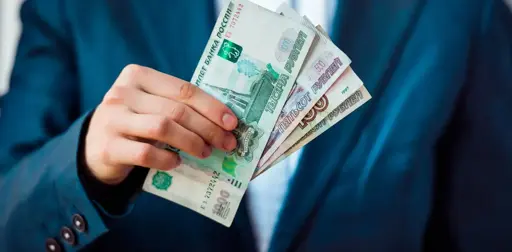The rouble is down by 8% against the dollar over the past month. This is not a one-off event; it is part of a developing crisis that is affecting Russia’s economy.
Russia’s currency has been highly volatile since its troops invaded Ukraine in February 2022. The initial collapse, which saw the rouble lose one-third of its value by March compared with the start of the year, was due to the exodus of capital from the country following the introduction of western sanctions. Capital flowing out of Russia made the rouble more readily available on the foreign exchange market, hence causing its value to depreciate.
[…]
A volatile and weaker rouble will discourage domestic and foreign investment, as investors prefer to transact with a strong and predictable currency. It will also encourage people to move their capital out of the country, as it has since the war began, so the central bank will be forced to use its reserves to defend the rouble. But Russia is already constrained by limited foreign currency inflows and high spending demands – a vicious cycle that will further weaken its currency.
A weak rouble also raises the cost of importing goods or materials. The profit margins of import-dependent businesses will be reduced unless they pass the increased costs onto consumers – something that is relatively easy to do in Russia where there is minimal market competition.
This drives inflation for imported items like food, medical supplies, machinery and energy.
[…]
There is plenty for Putin to be concerned about. Falling export revenues, inflation and strained reserves all weaken Russia’s fiscal stability. And it looks as if western economic sanctions are now having a significant effect on Russia’s ability to counter its economic difficulties.
The administrators of Putin’s regime will argue that a weaker rouble is more favourable to them during the war. Converting stronger foreign currencies from energy exports will give the Kremlin more domestic currency to plug the government’s widening deficit.
Despite this, Russia’s currency crisis has exposed deep problems in the economy. It relies heavily on energy exports, has limited economic diversification and has a weak financial sector. Over the longer term, sanctions will also isolate Russia further and limit its economic autonomy because Putin will have no choice but to rely on doing business with a few trading partners, such as China and India.


